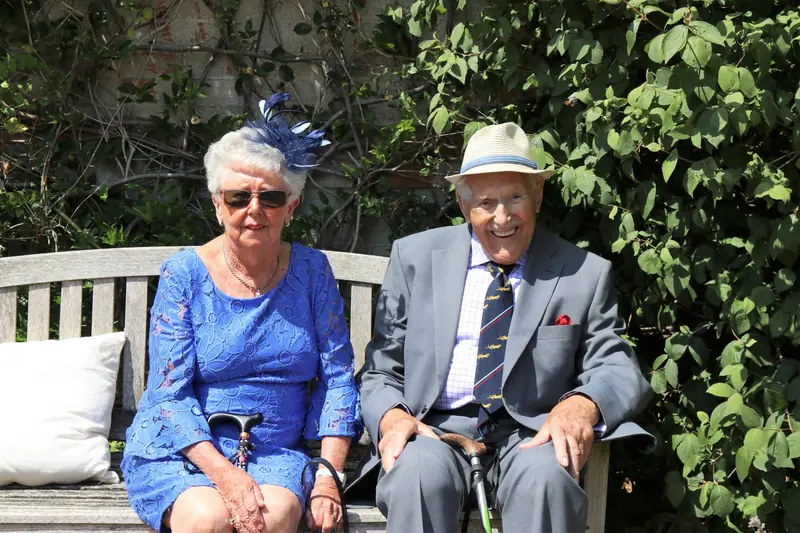
A team of researchers from Boston University School of Medicine and Tufts University has studied the immune systems of seven volunteers aged 100 to 119 years. They discovered that these centenarians possess a unique immunity that contributes to their impressive longevity.
According to lead author Paola Sebastiani, the immune profiles of these long-lived individuals reveal a “long history of susceptibility to infections and the ability to recover from them.”
What Does This Mean?
It may seem counterintuitive, but scientists believe that a long life is linked to extensive successful experiences in battling diseases, particularly infectious ones. The study participants, whose DNA was analyzed by the team, exhibited a high number of immune cells with special composition and activity, enabling them to effectively combat ailments.
Paola Sebastiani noted that protective factors were identified in centenarians, which have helped these individuals overcome various illnesses.
To reach this conclusion, the team sequenced peripheral blood mononuclear cells (PBMCs)—a type of immune cell that originates from the bone marrow and circulates in the blood. The researchers tested these cells, comparing them to samples from younger individuals who did not have centenarians in their family history. The team observed significant shifts in the immune cell composition of the centenarians. The results indicated that their immune systems had endured decades of challenging experiences fighting off natural and environmental infections. Not only did they survive, but they also mounted a robust response.
As the scientists noted in their report, centenarians possess a unique, highly functional immune system. It has successfully adapted to infections and recovers quickly. It is clear that this resilience is not everlasting, as reported by the Daily Mail. However, this recoverability declines at a significantly slower rate than in those who are not fortunate enough to be centenarians.
Researchers are currently unable to definitively state whether their findings are linked to a hereditary predisposition for exceptionally long life or simply reflect the hardened immune systems of centenarians.
Looking ahead, Paola Sebastiani announced new studies that will involve not only centenarians but also their descendants. There is a strong likelihood that many of them will also become centenarians. In this context, the immune cells of younger generations are particularly intriguing for study. The researcher hopes that soon the team will gain a more comprehensive understanding of the inheritance of mechanisms that slow down the aging process.
